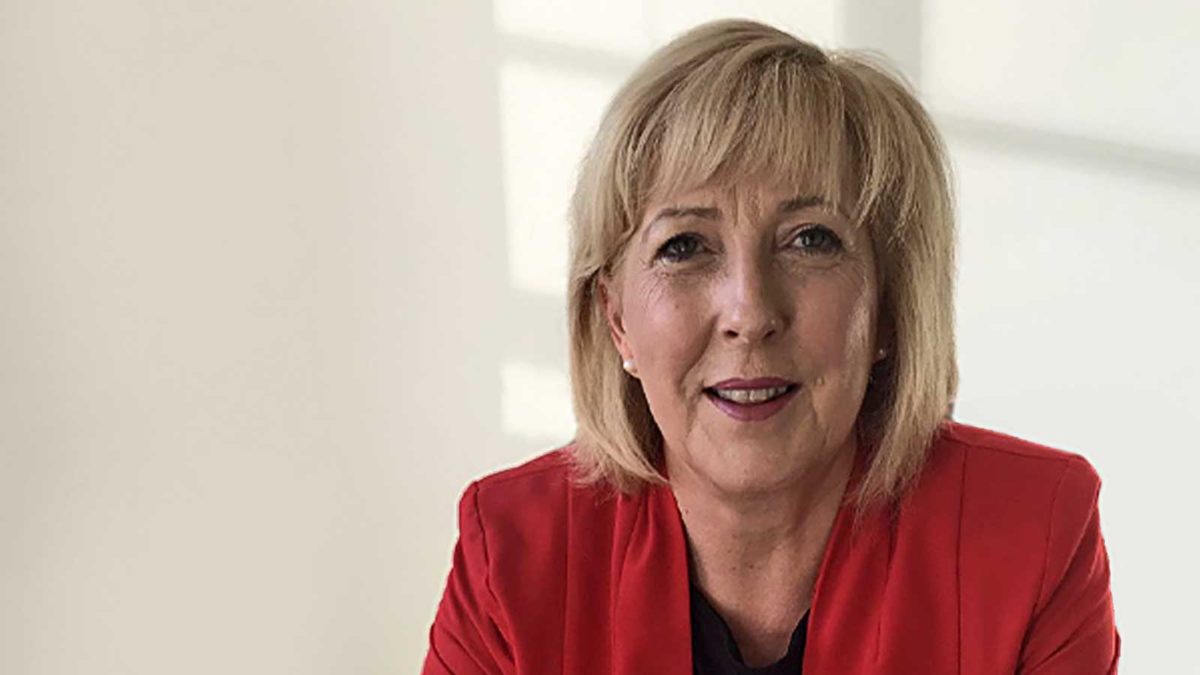AIM recruits for global advisory board
Affirmative Investment Management, a global fixed income manager specialising in impact bonds, has recruited Fiona Reynolds as a senior adviser and the first member of a proposed new advisory board.
She starts the part-time role in London on October 1, prior to her scheduled return to Australia around Christmas, covid permitting. The London-based AIM already has strong Australian connections. AIM’s chairman and co-founder, in 2014, is Stephen Fitzgerald, a former chief executive of Goldman Sachs in Australia and New Zealand and a CIO of its fixed income business at GSAM.
Fitzgerald, who travels regularly (when he can) between the UK and Australia, is also a former guardian of the Future Fund, and is a current director of QBE.
Of particular note for the maturing social impact bond market, Fitzgerald is also a member of the NSW Government’s ‘expert advisory panel’ on social impact bonds and a director and investment committee chair of the Great Barrier Reef Foundation.
Reynolds, the chief executive of the PRI organisation, announced in June her intention to return to Australia for family reasons once a replacement is confirmed at PRI. She will take up the role as chief executive of Conexus Financial, an events producer and publishing company, as announced in July.

Kate Temby, who worked with Fitzgerald at Goldman Sachs, is the Melbourne-based partner, heads up global client engagement for AIM. She joined the firm in 2017.
Temby said last week (August 18) that the impact bond market, now worth more than US$1 trillion globally, had become an increasing allocation from fund managers, but investors needed to be cautious of the variety of approaches and the depth of verification they undertake. as well as reporting.
“You can build your definitions, but they need to be applied in a consistent manner. You need to look at the manager’s behaviour,” she said. AIM, which has about A$1.5 billion under management, was a recognised leader in the space due to the depth of its impact verification approach and reporting.
As with the greenwashing issue among both managers and their investee companies, there is also an issue with ‘impact washing’ following the growing popularity of the asset class. After years of discussion, various industry bodies have only recently agreed on a definition which has gained acceptance globally (see separate report this edition). This definition also mentions the importance of ‘intentionality’ by the investor or manager.
AIM has close to A$300 million in Australian-sourced assets under management, including $120 million from its fund on the Colonial First State platform, in ‘Affirmative Global Bond Fund’, and a big mandate from Sunsuper which was awarded in 2018. The firm also has an office in Japan, where 20 per cent shareholder Sumitomo Mitsui Banking Corporation is a partner.
AIM invests only in listed bonds, of which Australia makes up about 2 per cent of the global market. In its earlier years, AIM was actively involved with advising organisations in the space, working with a number of Australian issuers on their impact bond frameworks.
It does not, therefore, invest in the NSW Government’s unlisted social impact bonds, which are designed to pay a yield for a special purpose outcome. However, Temby is also non-executive director of Conscious Investment Management, which does. She is also a non-executive director of the listed Netwealth, and chair of its investment committee.
She said that AIM was currently intending to launch a new transition finance fund which will invest in bonds supporting companies making an impact by transitioning to a low-carbon economy.











